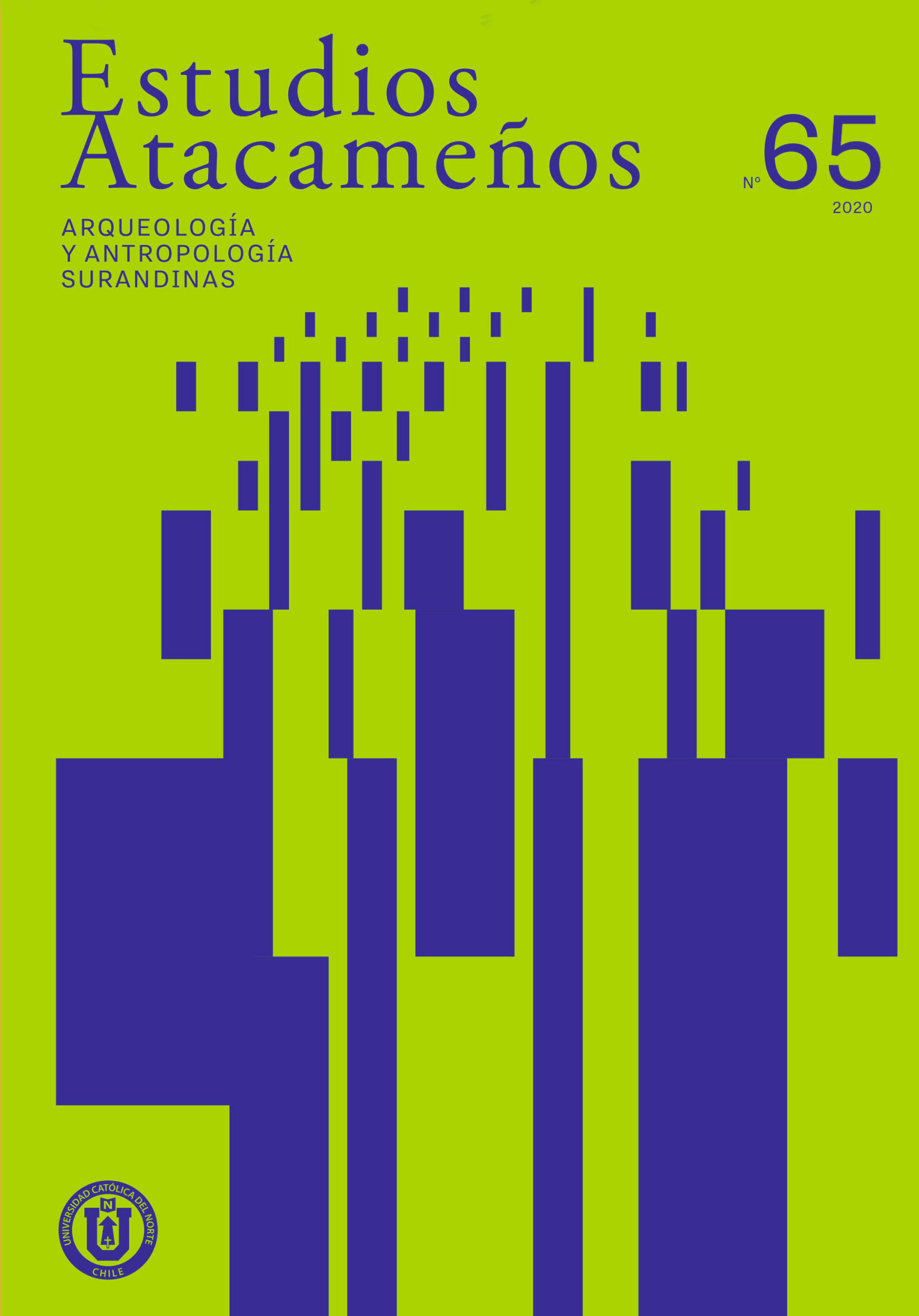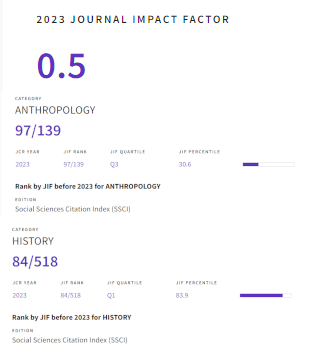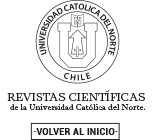Hybridations of knowledge and cultural rationalities in fishing
Living of the sea and at the sea in Andalucía (Spain) and Chiloe (Chile) within present day context
DOI:
https://doi.org/10.22199/issn.0718-1043-2020-0019Keywords:
anthropology of fishing, ecological traditional knowledge, post-structuralism, ontological turn, cultural hybridationsAbstract
The goal of this paper is to reflect upon the processes of knowledge construction of Andalusian fishermen (Southern Spain), linked to diverse forms of material and cognitive appropriation systems of marine environment. Making use of a set of anthropological concepts embedded in the post-structuralist and ontological turns, I seek to explain the relational modes –both practical and cognitive, that link organically the poles of Nature and Culture, so that their limits are dissolved (Naturo-cultural relationships). The analysis is based on three main axes: community, relationality and the role of technological artifacts in these relational webs of knowledge. After this conceptualization, it is discussed whether we could consider this cultural model as an ontology, in particular its forms of environmental knowledge. Finally it is proposed to reorient the normative systems of fisheries management, promoting a dialogue: on one hand, between the traditional and scientific knowledge; on the other hand, between artisanal/traditional patterns and industrialized and market economies at the Southern coast of Chile. Thus, the focus is placed on the hybridization of practices and knowledge, as well as on the consequences of their combinations in the political and economic fields.
Downloads
References
Álvarez de Toledo, L. I. (2007). Las almadrabas de los Guzmanes. Sanlúcar de Barrameda: Fundación Casa Medina Sidonia.
Barton, J. y Román, A. (2016). Sustainable development? Salmon aquaculture and late modernity in the archipelago of Chiloé, Chile. Island Studies Journal, 11(2), 651-672.
Berkes, F. (2009). Evolution of co-management: role of knowledge generation, bridging organization and social learning. Journal of Environmental Management, 90, 1692-1702.
Berkes, F. y Folke, C. (1997). Linking Social and Ecological Systems. Management Practices and Social Mechanisms for Building Resilience. Cambridge, MA: Cambridge University Press.
Bird-David, N. (1997). Economies: a cultural-economic perspective. International Social Sciencie Journal, 49 (154), 463-475.
Blaser, M. (2009). The Threat of the Yrmo: The Political Ontology of a Sustainable Hunting Program. American Anthropologist, 111(1), 10-20.
Callon, M. (1995). Algunos elementos para una sociología de la traducción: la domesticación de las vieiras y los pescadores de la bahía de St. Brieuc. En Iranzo et al. (Comps.). Sociología de la ciencia y la tecnología (pp. 259-282). Madrid: CSIC.
Clark, A. (1999). Estar ahí. Cerebro, cuerpo y mundo en la nueva ciencia cognitiva. Madrid: Paidós Ibérica.
De Sousa Santos, B. (2006). Renovar la teoría crítica y reinventar la emancipación social. Buenos Aires: CLACSO.Deleuze, G. y Guattari, F. (2004). Mil Mesetas. Capitalismo y esquizofrenia. Valencia, España: Pre-Textos.
Dennet, D. (1996). Kinds of Minds. New York: Basic Books.
Descola, Ph. (1988). La selva culta: Simbolismo y praxis en la ecología de los Achuar. Quito: Ediciones Abya-Yala e Institut Français d’Études Andines.
Descola, Ph. (2011). Más allá de la naturaleza y la cultura. En Montenegro Martínez, L. (Ed.). Cultura y Naturaleza (pp. 75-97). Bogotá: Jardín Botánico de Bogotá, JCM.
Descola, Ph. [2005] (2012). Más allá de la naturaleza y la cultura. Buenos Aires: Amorrortu.
Diegues, A. (2000). El mito moderno de la naturaleza intocada. Quito: Abya-Yala.
Douglas, M. (2008). Estilos de pensar: ensayos críticos sobre el buen gusto. Barcelona: Gedisa.
Escobar, A. (1999). After Nature. Steps towards an Antiessentialist Political Ecology. Current Anthropology, 40(1), 1-30.
Escobar, A. (2010). Una minga para el posdesarrollo: Lugar, medio ambiente y movimientos sociales en las transformaciones globales. Lima: Universidad Nacional Mayor de San Marcos.
Friedman, J. (1996). Identidad cultural y proceso global. Buenos Aires: Amorrortu.
Florido del Corral, D. (2002). Los sentidos y el saber hacer de los pescadores andaluces. Demófilo, Revista de Cultura Tradicional, Tercera Época, 1, 139-156.
Florido del Corral, D. (2008a). Las flotas artesanales andaluzas en un contexto de crisis. En González-Laxe, F. (Ed.). Lecciones de Economía Pesquera (pp. 267-297). A Coruña, España: Instituto de Estudios Marítimos, Netbiblo.
Florido del Corral, D. (2008b). Vigor crítico y minusvalía política: las impotencias del discurso antropológico en la política pesquera. En Jabardo, M., Monreal, P. y Palenzuela, P. (Coords.). Antropología de Orientación Pública: Visibilización y Compromiso de la Antropología (pp. 171-191). Donosti, España: Ankulegi y Federación de Asociaciones de Antropología del Estado Español.
Florido del Corral, D. (2014). Los corrales de pesca en la provincia de Cádiz: usos y apropiaciones en torno a un paisaje cultural. XIII Congreso de Antropología de la FAAEE. Periferias, Fronteras y Diálogo (pp. 2935-2958). Tarragona, España: Universidad Rovira i Virgili.
Florido del Corral, D. (Coord.) (2017). Las almadrabas suratlánticas andaluzas. Historia, Tradición y Patrimonio (ss. XVIII-XXI). Sevilla: Servicio de Publicaciones de la Universidad de Sevilla.
Florido del Corral, D. (2018). What it takes to be the captain of a Tuna Trap: Practice, Knowledge and skills for the sustainability of an age-old mode of fishing. In Andalusia: History, Society and Diversity (pp. 29-55). Nueva York: Nova Science Publisher.
Florido, D. y Maya-Jariego, I. (2018). Secreto y conocimiento ecológico tradicional sobre el medio marino en la Reserva de Pesca de la Desembocadura del Guadalquivir. En Antropología Ambiental. Conocimientos y Prácticas Locales a las Puertas del Antropoceno (pp. 173-199). Barcelona: Icaria.
Gajardo Cortés, C. y Ther Ríos, F. (2011). Saberes y prácticas pesquero-artesanales: cotidianeidades y desarrollo de las caletas de Guabún y Puñihuil, Isla de Chiloé. Chungara. Revista de Antropología Chilena, 43(1), 589-605.
Galván, A. y Pascual, J. (2016). Las sociedades de pescadores y la antropología. En Müllauer-Sachter, W. (Ed.). Claves en los inicios de la Antropología Social y Cultural española (pp. 243-255). Madrid: UNED.
García Calvo, A. (1979). Del lenguaje. Madrid: Lucina.
García Canclini, N. (1990). Culturas híbridas. Estrategias para entrar y salir de la Modernidad. México, DF: Grijalbo.
Gudeman, S. (2001). The Anthropology of Economy. Oxford: Blackwell Publishers.
Haraway, D. (2016). Manifiesto de las especies de compañía. Vitoria, España: Sans Soleil.
Heredia, J. M. (2014). Dispositivos y/o agenciamientos. Contrastes. Revista Internacional de Filosofía, XIX(1), 83-101.
Herrera-Racionero, P., Lizcano-Fernández, E. y Miret-Pastor, Ll. (2015). “Us” and “them”. Fishermen from Gandía and the loss of institutional legitimacy. Marine Policy, 54, 130-136.
Holbraad, M. (2014). Tres provocaciones ontológicas. Ankulegi, 18, 127-139.
Jentoft, S. (2000). The Community. A Missing Link of Fisheries Management. Marine Policy, 24, 53-59.
Latour, B. (1992). La ciencia en acción. Barcelona: Labor.
Latour, B. (2005). Llamada a revisión de la Modernidad. Aproximaciones antropológicas. AIBR, Revista de Antropología Iberoamericana, Número Especial Nov-Dic, 1-21.
Law, J. y Mol, A. (1995). Notes on Materiality and Sociality. The Sociological Review, 43, 274-294.
Leff, E. (2014). La apuesta por la vida. México, DF: Siglo XXI.
Linke, S. y Jentoft, S. (2014). Exploring the phronetic dimension of stakeholders’ knowledge in EU fisheries governance. Marine Policy, 47, 153-161.
Mansilla, S. (2007). Hay un dios que todo lo compra: Identidad y memoria de Chiloé en el siglo XXI. Revista Austral de Ciencias Sociales, 12, 145-158.
Maturana, H. y Varela, F. (1987). The Tree of Knowledge. Berkeley: Shambhala.
Morin, E. (1986 [1977]). El Método. La naturaleza de la naturaleza. Madrid: Cátedra.
Neis, B., Felt, L., Haedrich, R. y Schneider, D. (1999). An interdisciplinary methodology for collecting and integrating fishers’ ecological knowledge into resource management. En Newell, D. y Ommer, R. (Eds.). Fishing places, fishing people: issues in Canada small-scale fisheries (pp. 217-238). Toronto: University of Toronto Press.
Niklitschek, E., Soto, D., Lafon, A., Molinet, C. y Toledo, P. (2013). Southward expansion of the chilean salmon industry in the Patagonian fjords: main environmental challenges. Reviews in Aquaculture, 4, 1-24.
Pálsson, G. (2001). Relaciones humano-ambientales. Orientalismo, paternalismo y comunalismo. En Descola, Ph. y Pálsson, G. (Coords.). Naturaleza y sociedad. Perspectivas antropológicas (pp. 80-100). México: Siglo XXI.
Saavedra Gallo, G. y Macías Vázquez, A. (2016). Collective action and symbolic capital in the artisanal fisheries: An analysis of the Local Food Systems of Reloncaví Estuary (Los Lagos), Chile. Culture and History Digital Journal, 5(1), 1-13.
Saavedra Gallo, G., Mardones Leiva, K., y Torres Zamora M. P. (2016). La esquizofrenia del desarrollo: Un análisis semántico-discursivo de las relaciones entre salmonicultura y pesca artesanal en el sur-austral de Chile. Cuhso. Cultura-Hombre-Sociedad, 26(2), 71-105.
Sánchez-Fernández, J. O. (1992). Ecología y estrategias sociales de los pescadores de Cudillero (Asturias). Madrid: Siglo XXI.
Sáñez Reguart, A. (1791-95). Diccionario de las Artes de Pesca Nacional. V vols. Madrid: Viuda de Ryvadeneira.
Soper, K. (1996). “Nature/‘nature’”. En Robertson, G. et al. (Eds.). Future Natural (pp. 22-34). London: Routledge,
Ther, F. (2011). Configuraciones del tiempo en el mar interior de Chiloé y su relación con la apropiación de los territorios marítimos. Desenvolvimento e Meio Ambiente, 23, 67-80.
Thoreau, H. D. (2005 [1854]). Walden. Madrid: Cátedra.
Tirado Serrano, F. y Domènech i Argemi, M. (2005). Asociaciones heterogéneas y actantes: el giro post-social de la teoría del actor-red. AIBR, Revista de Antropología Iberoamericana, Especial Nov-Dic., 1-27.
Varela, F., Thompson, E. y Rosch, E. (1992). El cuerpo presente. Las ciencias cognitivas y la experiencia humana. Barcelona: Gedisa.
Vega Encabo, J. (2005). Mentes híbridas: Cognición, representaciones externas y artefactos epistémicos. AIBR, Revista de Antropología Iberoamericana, Número Especial Nov-Dic., 1-36.
Wolf, E. (1984). Culture: Panacea or Problem? American Antiquity, 49(2), 393-400.
Downloads
Published
Issue
Section
License
Copyright (c) 2020 Estudios Atacameños. Arqueología y antropología surandinas

This work is licensed under a Creative Commons Attribution 4.0 International License.

All works published in Revista Estudios Atacameños (ISSN on line:0718-1043) Revista Estudios Atacameños Creative Commons International 4.0 attribution (CC BY 4.0) licence.
Authors remain the owners of their work and may republish their articles elsewhere without having to request permission, as long as they indicate that the work was originally published in Revista Estudios Atacameños (ISSN on liine:0718-1043).












